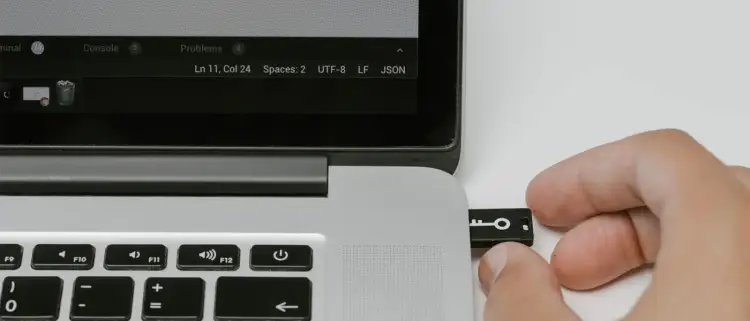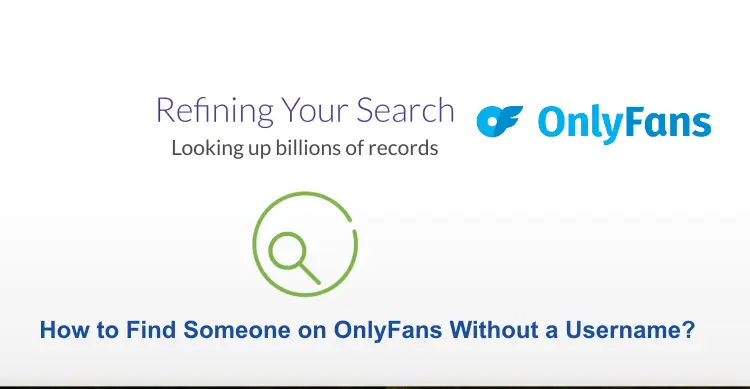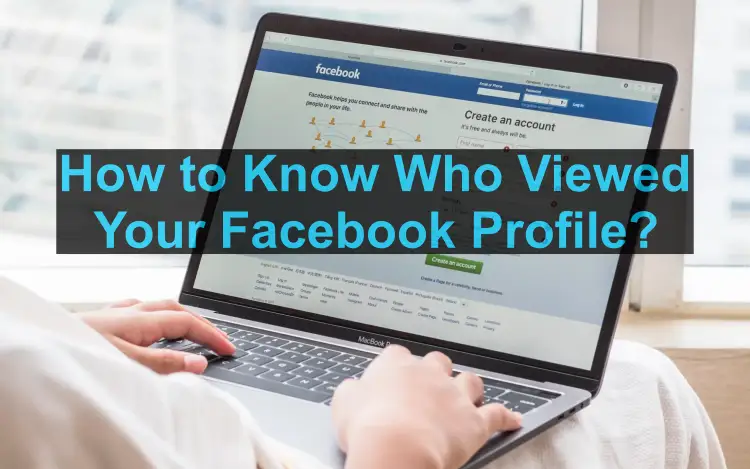If you value your privacy and do not want to be a victim of online identity theft or any other form of theft, you must find a way to be anonymous online. This can be challenging, especially given the frequency of data breaches in today’s digital landscape and the fact that more people than ever are online for work, gaming, and communication with family and friends.
Considering the prevalence of hackers, scammers, and other malicious individuals online, it is natural to wonder if it is possible to maintain anonymity online. However, there are steps you can take to hide your online presence. This article will outline some of the best ways to do so.
Use VPN
One of the best things you can do if you are concerned about your online privacy is to use a VPN. How can a Virtual Private Network hide you from malicious people? Well, you need to know that it is designed for that purpose. A VPN hides your real IP address, thus not allowing hackers and scammers to see where you are at. You can simply pick an address in a town in a different country. That means even if you browse a site that is unsafe and has hackers, you will be safe because they will not know your real IP address. Of course, just because you have a VPN installed does not mean you should browse suspicious sites. If you are intrigued by this option and want to learn more about VPN, Per-Erik Eriksson is a researcher on VPNetic who can help you.
Watch Where You Leave Your Personal Data
While this may seem like common sense, especially for those who are tech-savvy, even the best of us can make mistakes. As we mentioned earlier, there are many malicious individuals on the internet who are skilled at hacking and scamming unsuspecting people. That is why it is essential to be cautious about where you share your personal data.
If you enjoy using the internet to connect with people who share your interests, it is important to be mindful of where you register and share your personal information, including your name, email address, and financial details. The first thing you should do is check if the site is secure. You can do this by verifying the domain authority rating and looking for a legitimate license issued by a recognized authority. If the site has a good DA and a license, you can be confident that it is safe to use.
Use An Encrypted Chatting App
People love to chat today, and it is one of the most popular forms of communication, particularly among younger generations. However, while chats are easy to use, they can also be dangerous if they are not encrypted. These chats can be easily hacked, and hackers and scammers can steal your data. That is why it is important to use apps like WhatsApp, which provide encryption for your chats.
If you enjoy browsing lesser-known sites, you should be careful. Look for evidence that the chats are encrypted. If they are not, it may be best not to chat on those sites.
Do Your Best To Read Terms And Conditions
This may seem like an old cautionary tale for people who do not know how to use the internet, but it is not. Even experienced users can make mistakes. There are many sites that appear to be safe, but they may be hiding malicious intentions. Fortunately, such sites are easily recognizable; they lack transparency. Therefore, when browsing a new site, it is essential to search for the terms and conditions section. If this section is transparent and clearly shows how the site will use your data, you can browse the site and use its features. However, if you notice suspicious sentences, bad grammar, or a lack of data, do not share your information with that site.
The Simple Tips For Better Internet Security
The internet is an excellent tool for communication, entertainment, and work. But it can also be a dangerous place if you don’t take the necessary steps to protect yourself. Here are some simple tips to help you stay safe online:
1. Use strong passwords – Make sure your passwords are long and complex enough that they cannot be easily guessed or cracked by hackers. Avoid using personal information such as birthdays or pet names in your passwords.
2. Keep your software up-to-date – Software updates often contain important security patches that help protect against malicious attacks. Make sure all of your devices have the latest version of their operating system installed and any other software you use regularly is kept up-to-date as well.
3. Be careful when clicking links – Before clicking on any link sent to you via email or social media, make sure it’s from a trusted source and not an unknown sender trying to scam you out of money or steal your personal information.
4. Use two-factor authentication – Two-factor authentication adds an extra layer of security by requiring two pieces of information before granting access to an account (such as a password plus a code sent via text message). This makes it much harder for hackers to gain access even if they know your password.
5. Install antivirus software – Antivirus programs can detect malicious files before they cause damage to your computer or network, so make sure you have one installed on all of your devices and keep it updated with the latest virus definitions regularly.







